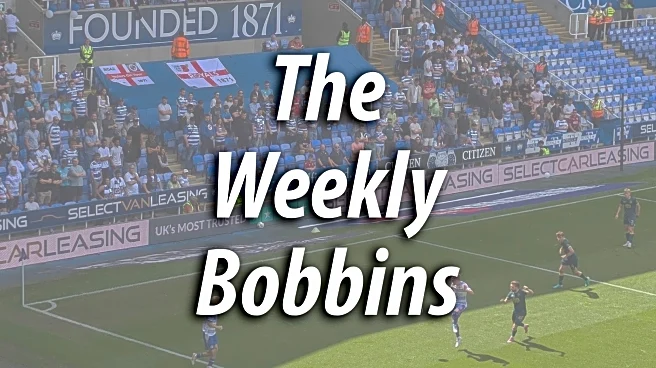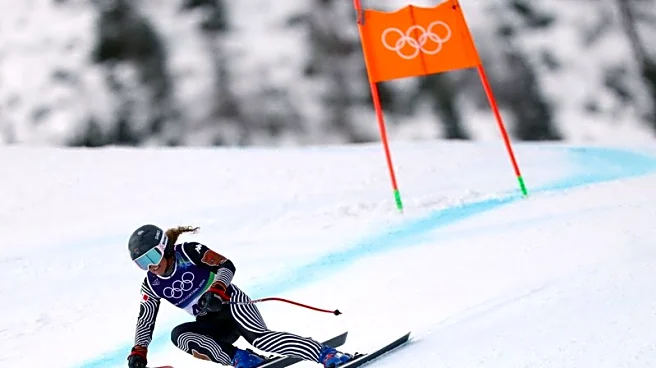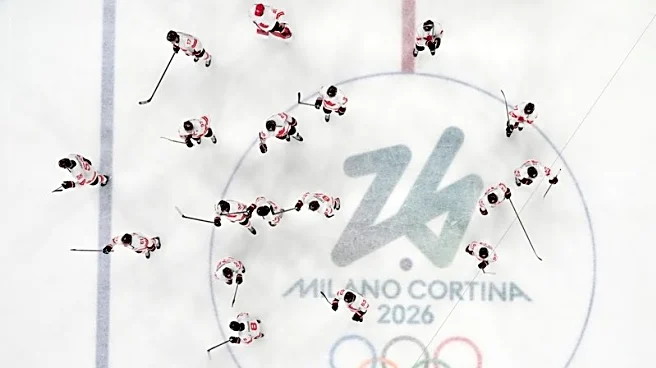Sickness prevented myself from writing my weekly missive last week, but this week it was the turn of the club to present its ongoing malaise. Not for the first or second time in recent years, we’ve been
undone by a non-league side in the FA Cup.
We can front it up in many ways – citing injuries, inexperience or new partnerships – but the overriding feeling of it all is that we’re simply not very professional.
Given all the bluster, the cheerleading, the hope that’s been spoon-fed to the fans, ultimately we are falling short in the most basic aspects of football. I’ll stop short of calling it a tragedy, but, by jingo, it’s not far off.
At 2-0 to the good with time dwindling away, it looked like a rare pipe-and-slippers cup win for us. But we were soon to slip up in the most inglorious way that the most glorious of competitions always provides.
As soon as non-league Carlisle United scored their first in response, the writing was on the wall. How that notion turns into the fact that another two goals have to be scored to make the inevitable actually inevitable is a mystery – but we all saw it coming.
Leam’s introduction
So too did Leam Richardson, our new manager, witnessing for the first time in real time the task he’s got ahead. And let’s be honest, it’s a mammoth job.
Among his first words in his post-match interview was that he “expected” this result, which is damning with zero praise.
He’s in the fortunate position, for now at least, where he can safely say this result had nothing to do with him. He’s in the mode of simply analysing what has come before him and what he has at his disposal. And he cannot be liking what he sees.
He alluded to the mounting injuries, the lack of fitness and the absence of game management within the squad – issues he probably knew about before taking the job, but which would’ve been confirmed tenfold by this match.
Richardson did not hold back in his assessment of inadequate fitness levels, pointing out that some players were out of puff by the 60-minute mark in November – “which is not correct”, he damned. In the same breath, he noted that some individual performances were decent, but as a cohesive unit they fell apart.
We’ve all been saying it for months, but when it comes out of the mouth of someone vastly more experienced and knowledgeable than this unprofessional joke of a hack, it underlines what we’ve long suspected: this group has been badly, badly coached in many fundamental aspects of the game.
Game management
The sheer lack of game management at crucial moments has been dreadful. We can look back at countless matches where we just didn’t know what to do when it mattered. Take Wycombe Wanderers away, for example – 2-1 up and bossing it.
All we had to do was be professional: eat the clock, deploy a few dark arts, take the ball into corners, slow the set pieces. Yes, some may say that’s not in the spirit of things, but we’re hardly in a position of purity. Do what you need to – the opposition always does it to us.
I always thought that kind of nous was innate in a footballer – that when winning, they’d instinctively have a feel for what to do in certain situations. Most of them are experienced enough to have different gears to suit the occasion.
But that control of the moment, that mental awareness of what’s a good or bad decision, seems to be missing. How is this the case? Is it a confidence issue? Is it over-thinking or not thinking enough?
Again, I’m no manager, but thankfully we seem to have one now who already recognises that this squad has massive deficiencies in carrying out the simplest of tasks. Why and how they’ve got themselves into this mess is baffling, but the sheer lack of personal responsibility, the unwillingness to do better, the absence of self-questioning – it all points to a rot that’s been allowed to fester.
The suspicions around the experience of the previous management were always there. The whole ethos seemed to suggest that things would just improve over time – that one day, without reason or change, we’d just click. But nobody ever seemed to question whether that process of “getting there” was any good in the first place.
What Richardson has learned on the back of this result is that there is so much to learn – and just as much to unlearn. The new teacher has an enormous task on his hands. His pupils need to be up to the task before being expelled.
The lessons start now.










